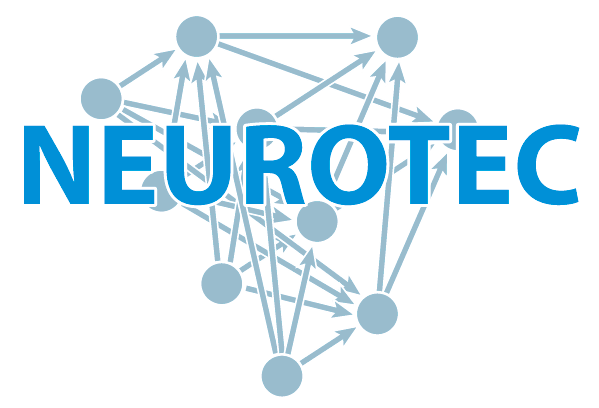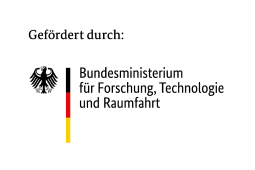Structural Change of Rhenish Region: From coal mining to AI
The challenge of phasing out coal mining and the opportunity of AI
The coal phase-out has been politically decided and means change. The future field of AI is already leading to new settlements or new business areas. Research in the region is supporting and driving this change. With NEUROTEC, we are ensuring that the AI of tomorrow is more energy-efficient and therefore sustainable.
Regional focus
NEUROTEC is part of the immediate action programPLUS of the state of NRW (Zukunftsagentur Rheinisches Revier) An overview of all projects can be found here.
Impact on the economy
In addition to the jobs created directly by the project for the partners involved, the long term goal is to achieve a sustainable impact. The aim is to create an AI innovation ecosystem. Further development towards applications of the research results will be driven forward by the NeuroSys Cluster4Future at RWTH Aachen University.









